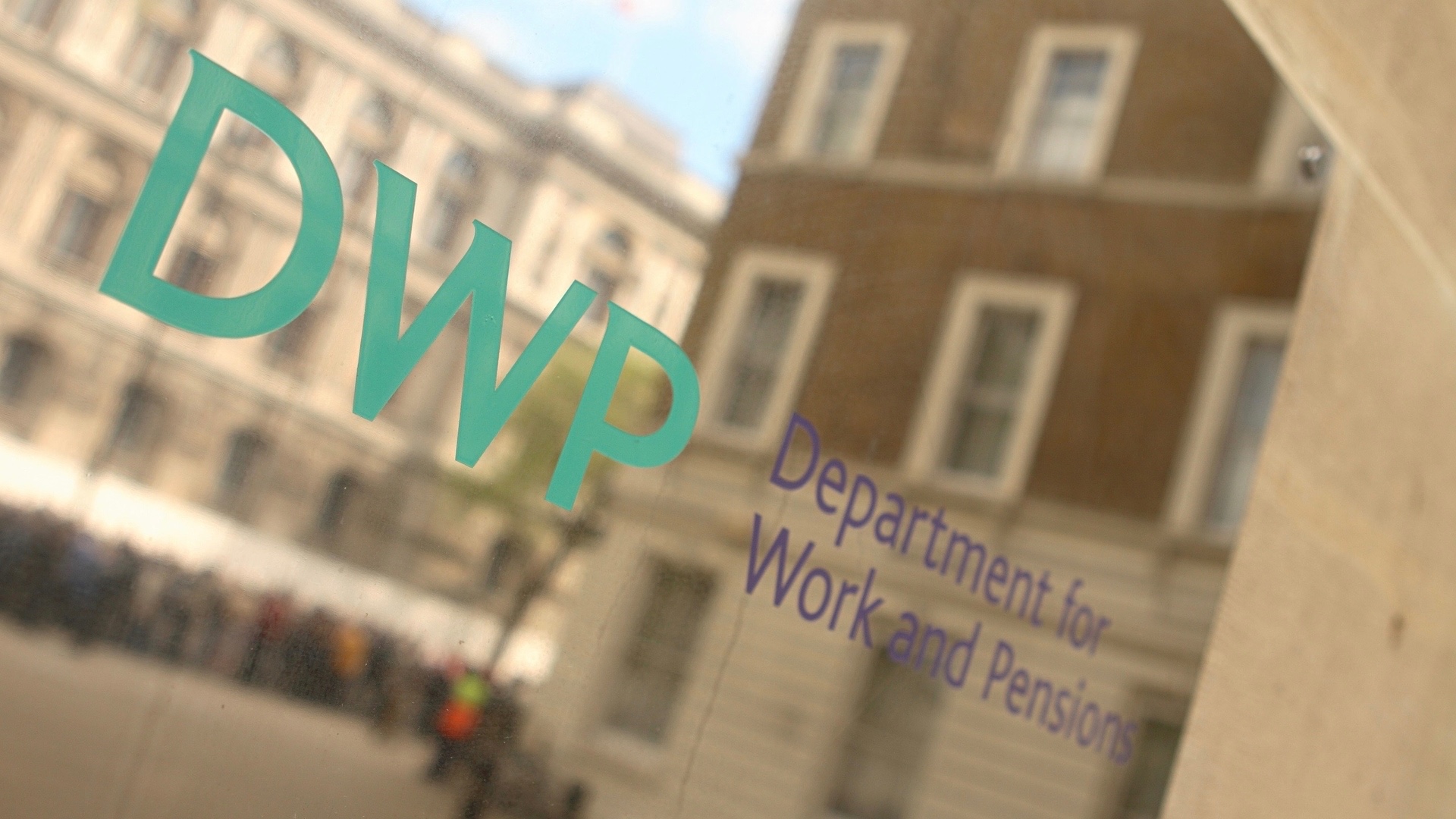Universal Credit will leave almost two million people living off £1,000 less than they do under the current system, with some disabled claimants hit the hardest.
Analysts from the Institute for Fiscal Studies (IFS) examine the short and long-term effects of Universal Credit on people and tried to balance how many people stand to benefit from the shift with the number which will feel their budgets shrink.
People who are disabled or have a disabled person in their household are particularly likely to be hit by losses after the move. The country’s lowest-income 10 per cent will lose the most (around £150 a year per adult on average, which is 1.1 per cent of the average income – more than any other income group).
The researchers found that many families who face losses after switching to the new system will see their income improve over eight years, with some losses falling from £1,000 to nearer £100.
However Labour’s shadow work and pensions secretary Margaret Greenwood pointed out that the report shows “that it’s hitting the poorest hardest”.
Also among those set to experience “harsher treatment” are self-employed people and couples where one person is older than state pension age and the other below.









